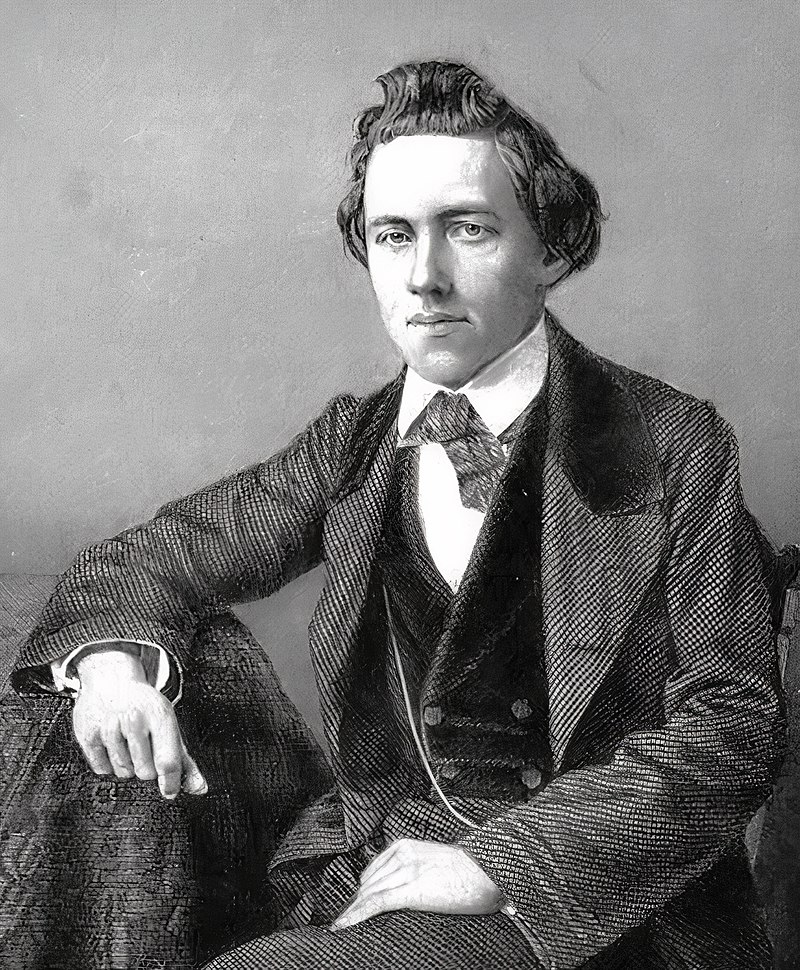Great Players: Paul Morphy
 |
| Paul Morphy |
One of the interesting features of chess is how the development of chess in a region can be sparked by the emergence of a world-class player who captures the public imagination; the number of strong Indian players who have made it to 2600 since Viswanathan Anand reached the elite in the 1990s is a good example, as is the rising profile of Norway since Magnus Carlsen did the same thing in the 2000s.
And the subject of this piece, Paul Morphy (1837-1884), is one of the earliest examples of the phenomenon. The USA had some strong players in the mid-19th century, but nobody really on the level of Europe's best; since then, though, they have had world-class players in most eras, including one world champion (Fischer) and three other players who challenged directly for the world title (Marshall, Reshevsky and Caruana).
So what was Morphy like as a player, and how did he come to have such a hold over the popular imagination? Well, one answer is that he was unquestionably a child prodigy; he was only twelve when he won a match against Johann Löwenthal, then one of Europe's leading players.
Another is the briefness of his chess career coupled with his dominance during it: almost all his competitive chess was played in 1857 and 1858, including victory in his only tournament, and an aggregate score of 13-4 in his favour in his two matches against Anderssen, after which he retired in search of a law career. (The law career did not pan out, but he decided not to return to chess.)
And a third reason is the nature of his chess itself: it hit the sweet spot of both being fundamentally principled and aesthetically pleasing: his technique of developing and controlling the centre early on, in order to get an advantage from which tactics can flow, is a perfectly reasonable strategy to this day.
How strong a player Morphy was by modern standards is an open question, and a favourite topic of internet discussion. My estimate is that he was somewhere in the 2200-2300 region; it's hard to judge because the players of his day weren't skilled enough to reliably find his weaknesses and direct play towards them.
Great Players Index
Comments
Post a Comment